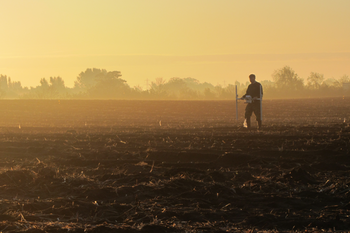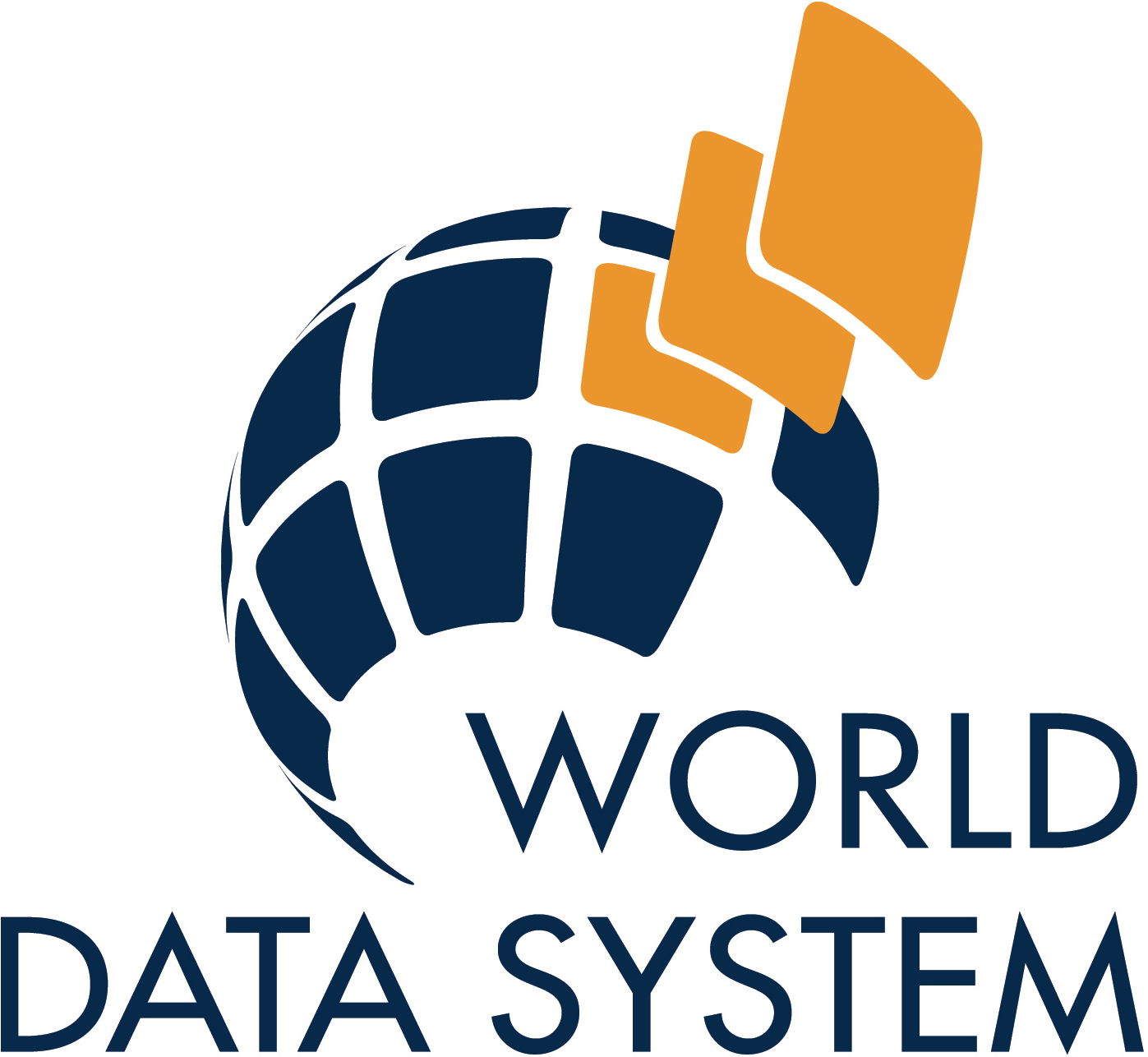Why deposit your data?
ADS is an internationally renowned digital archive and currently the only trusted digital repository in the UK that specialises in preserving historic environment data. Depositing your data with us ensures that they will be professionally curated in the long term and easily accessible for future reuse.
Archaeologists create exceptionally detailed notes, draw maps and plans, take numerous photographs, and generate complex datasets and over the years have amassed a vast collection of data, a significant proportion of which remain unpublished. Preserving a comprehensive record of this activity is imperative to archaeology, because many of archaeology’s primary field methods are destructive and cannot be replicated by future researchers. Archives are therefore fundamental to preserve and facilitate access to archaeological research in order to test, assess and subsequently reanalyze and reinterpret data and the hypotheses arising from them. In recent years, the value of data as a primary research output has been increasingly recognized.
The advancement of digital media has dramatically changed how we communicate and record our heritage. Archaeological data are progressively more complex and increasingly ‘born’ digital. Archaeological projects now have the ability to create large quantities of digital information at every stage of a project from fieldwork to assessment, analysis, reporting and dissemination. This has increased data creation and improved our ability to edit, share and reuse data.
However, despite the many advantages of digital data, the move from hardcopy recording towards the digital recording of archaeological information has created many challenges. The complexity, diversity and fragility of electronic data require extensive curation and a high level of associated metadata to enable accessibility, discovery and successful reuse in the future. Archaeological publication of fieldwork is also moving away from the traditional large monograph, with extensive pages of data tables, towards smaller more synthetic summaries. These factors make preservation of digital data and the facility to access data an essential issue for all archaeological data creators.
There are six key reasons for depositing digital data in a secure and trusted repository:
To Ensure Preservation
Digital material can be extremely fragile and ephemeral. In the analogue world, the rate of degradation or depreciation of an asset is relatively slow, but digital resources can become obsolete extremely quickly. The best strategy for long term preservation of archaeological data is for them to be systematically collected, maintained, and made accessible to users operating in very different computing environments. Data deposited with the ADS will be migrated through changing technology so their intellectual content will be available in the future.
To Provide Access
Allowing others to have access to your data is important as it facilitates communication and increases knowledge within the archaeological discipline. Sharing your data also helps in its preservation as the more formats a dataset is copied into, the greater the chance of it surviving. All data deposited at ADS is freely available to use by the public and archaeology professionals.
To Follow Professional Standards
By depositing your data in an accessible trusted repository you are following good practice guidance and standards within the archaeological discipline. For example the Chartered Institute for Archaeologists (CIfA) states in its Standards and Guidance for the Creation, Compilation, Transfer and Deposition of archaeological archives that:
“All archaeologists are responsible for ensuring that the archive is created and compiled to recognised standards, using consistent methods, and is not subject to unnecessary risk of damage or loss. It is the responsibility of all curators of archaeological archives to ensure that archives are stored to recognised standards for long-term preservation and made accessible for consultation”.
To Gain Professional Recognition
Archaeological publication of fieldwork is moving away from the traditional large monograph, with extensive pages of data tables, towards smaller more synthetic summaries. By depositing data with a trusted repository, depositors will receive recognition and citations for their datasets as they are incorporated into future archaeological research and teaching. All ADS archives are attributed a Digital Object Identifier (DOI) and user metrics are available via the Usage Statistics page of each archive. You may also want to consider publishing an Internet Archaeology Data Paper to accompany your dataset.
Meet Governmental Requirements
In England the National Planning Policy Framework states that developers:
“must record and advance understanding of the significance of any heritage assets to be lost (wholly or in part) in a manner proportionate to their importance and the impact, and to make this evidence (and any archive generated) publicly accessible.”
By depositing data with a trusted repository archaeologists working in England are adhering to national governmental policy. Similar policies exist in Scotland, Wales, Northern Ireland and Ireland.
Meet Funding Agency Requirements
If you have received a research grant from the Arts and Humanities Research Council (AHRC), the British Academy (BA), the Carnegie Trust, the Council for British Archaeology (CBA), the Economic and Social Research Council (ESRC), the Leverhulme Trust, the Natural Environment Research Council (NERC), the National Lottery Heritage Fund (NHLF), or the Wellcome Trust’s History of Medicine Programme you are either required or recommended to offer relevant data for deposit with the ADS. For more information specific to AHRC or NHLF funded deposits see the ADS Advice for Grant Applicants.



